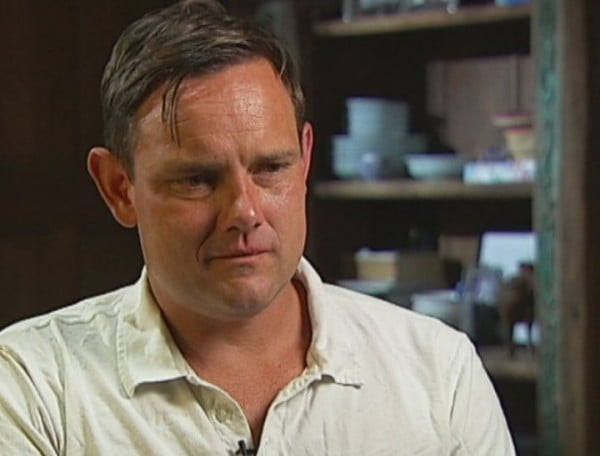
An Australian doctor who was one of the heroes in the aftermath of the Bali bombings has struggled to get life insurance and has been refused income protection because of the post traumatic stress he experienced after the attack.
Dr Bill McNeil was on a surfing holiday in Bali and was one of the first medical staff on the scene after the Sari Club exploded.
“I was actually running late to meet some of my friends at the club when the bomb went off,” Dr McNeil told the ABC’s 7.30 program.
Like Debrief Daily on Facebook.
His training kicked in and he went straight into the blast zone to see if he could help.
“It was terrible,” he said.
“There were hundreds, if not thousands of people streaming past, covered in blood, glass, collapsing buildings, flames.






























































































